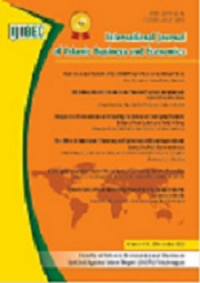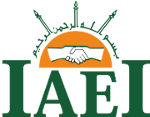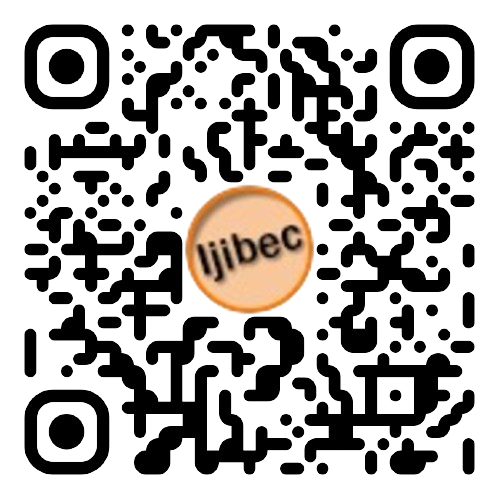Organizational Support, Mustahiq Micro-Business Development and Poverty Alleviation: A Comparison Analysis Between BAZNAS and LAZNAS
DOI:
https://doi.org/10.28918/ijibec.v5i2.3731Abstract
This study aims to investigate whether the organizational support provided by BAZNAS and LAZNAS has a positive impact on the success of micro business development programs and poverty alleviation. Population in this study are mustahiq who have received empowerment program from BAZNAS and LAZNAS with the total sample size are 89 mustahiq. Data were collected using questionnaire with Likert scale 1 – 5 and were analyzed using Path Analysis. The results of this study indicate that the organizational support provided by LAZNAS tends to be better when compared BAZNAS. From three kinds of the supporting by BAZNAS, only business assistance support that affect to the successful of mustahiq micro-business development, even though two of them have a negative relationship. Meanwhile, all of supporting from LAZNAS has a positive relationship with successful of mustahiq micro-business development, despite two of them are insignificant. This study also found an important fact that the mustahiq micro-business development program was able to alleviate poverty. The results of this study imply that BAZNAS must evaluate and innovate the mustahiq micro-business development program. Meanwhile LAZNAS must provide more optimum support for capital assistance and mentoring to get a maximum impact.














